.
RAWALPINDI:
The Pakistan Nanbai Association has convened a joint convention…
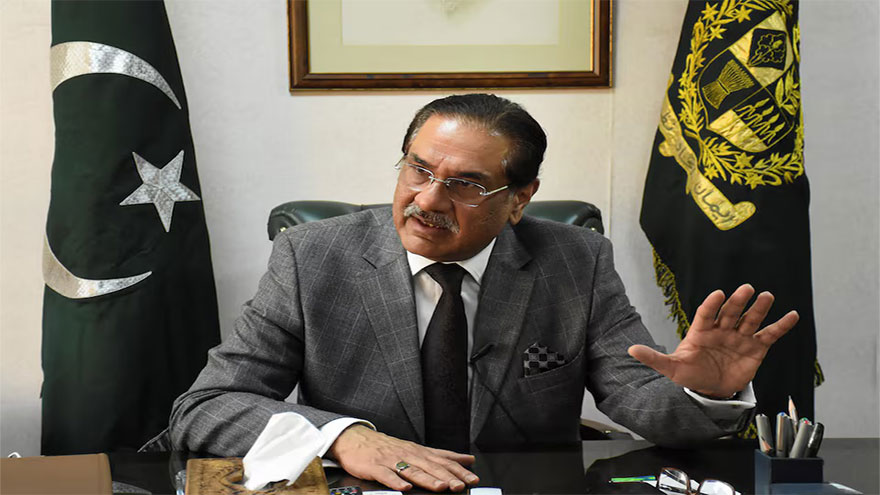
ISLAMABAD/ISTANBUL (Reuters) – Pakistan, Saudi Arabia and Turkey have prepared a draft defence agreement after nearly a year of talks, Pakistan’s Minister for Defence Production said, a signal they could be seeking…
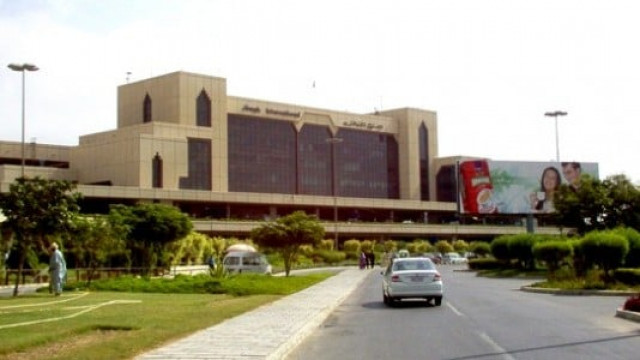
Several domestic, international flights delayed, cancelled as visibility drops to 50 metres
Jinnah International Airport, Karachi. PHOTO: FILE
Dense fog…
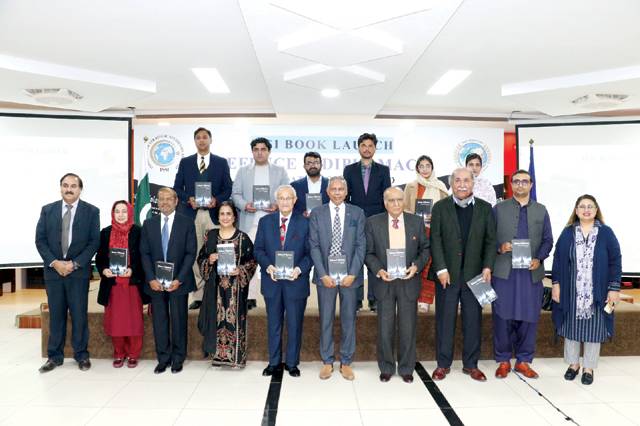
ISLAMABAD – India Study Center at the Institute of Strategic Studies, Islamabad organised the book launch ceremony titled “Defense and Diplomacy: A Compilation of Selected Articles by S.M Hali”. The event was graced by Senator Nisar A…
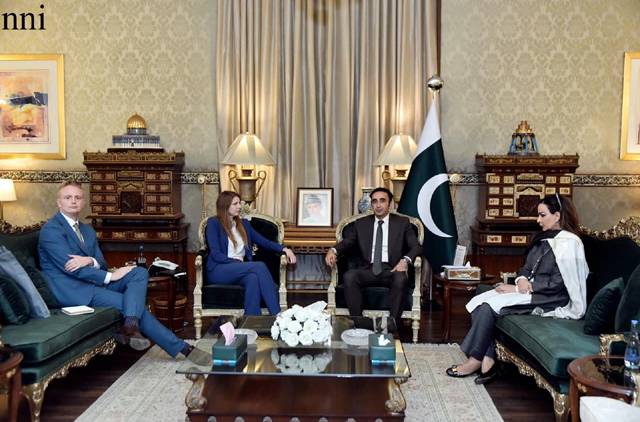
ISLAMABAD – Pakistan People’s Party (PPP) chief Bilawal Bhutto Zardari yesterday met British High Commissioner Jane Marriott, discussing a wide spectrum of issues on both bilateral and global relations. The meeting saw the two delve…
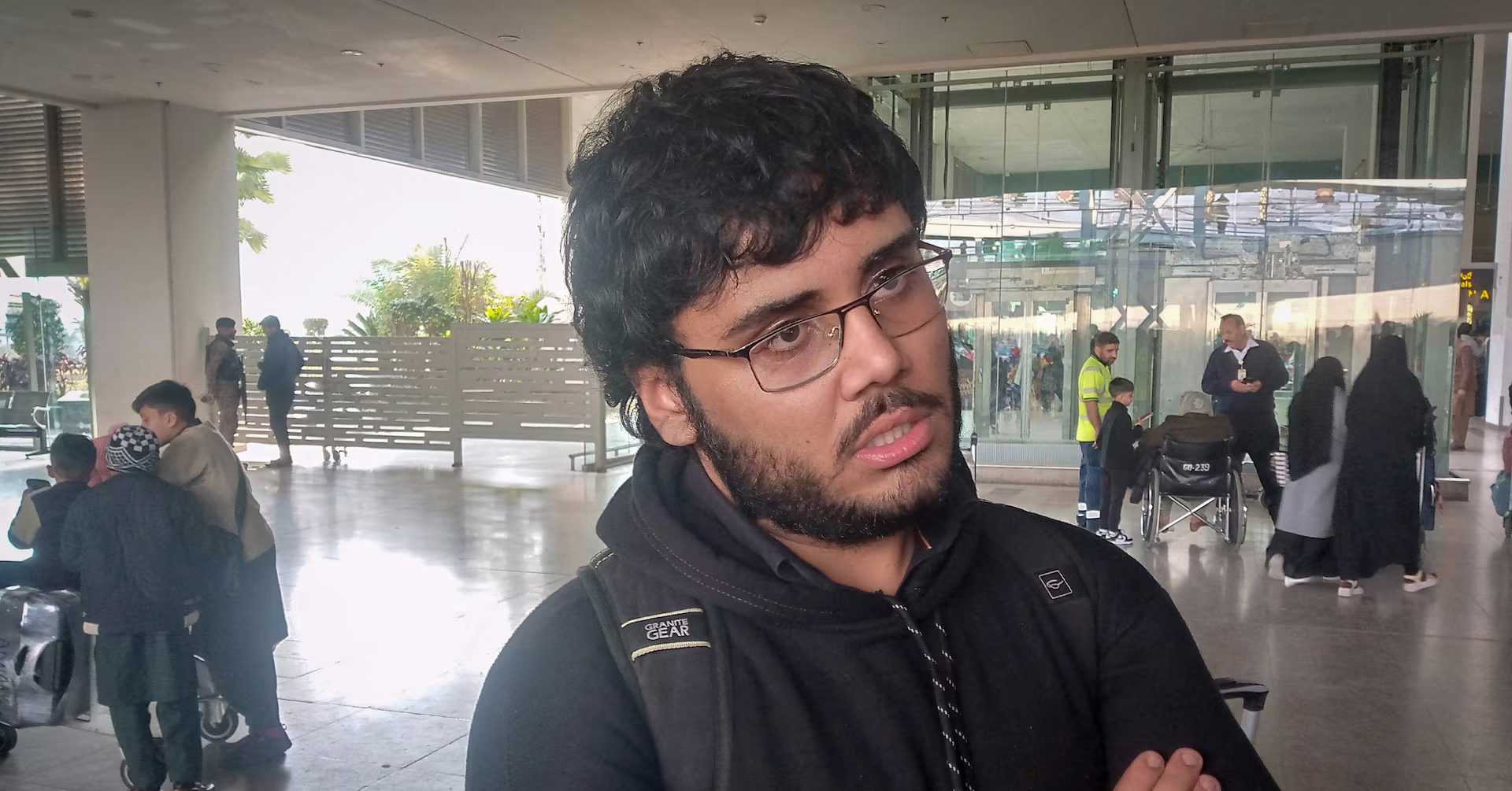
Item 1 of 3 A Pakistani medical student Shahanshah Abbas waits at the airport after arriving from Tehran on a commercial flight amid the ongoing nationwide protests in Iran, in Islamabad, Pakistan, January 15, 2026. REUTERS/ Waseem Khan
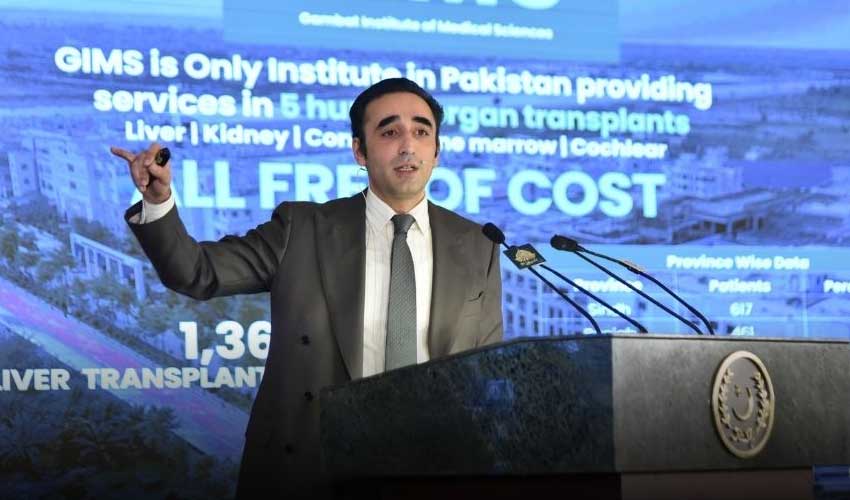
Pakistan Peoples Party (PPP) Chairman Bilawal Bhutto-Zardari said on Thursday that the Sindh government is working for improvement in every sector.
Speaking at a ceremony in Islamabad, Bhutto-Zardari said the Sindh…
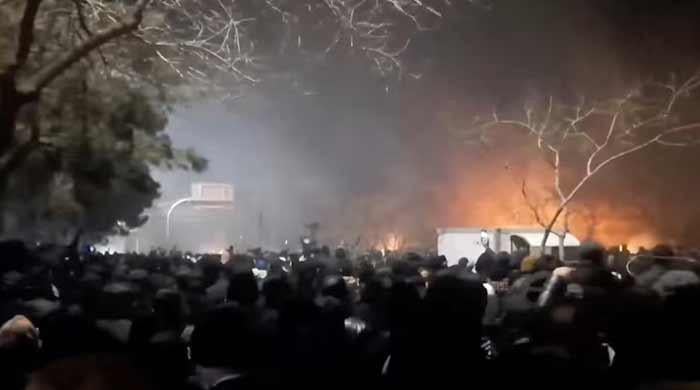
Pakistani students returning from Iran on Thursday said they heard…
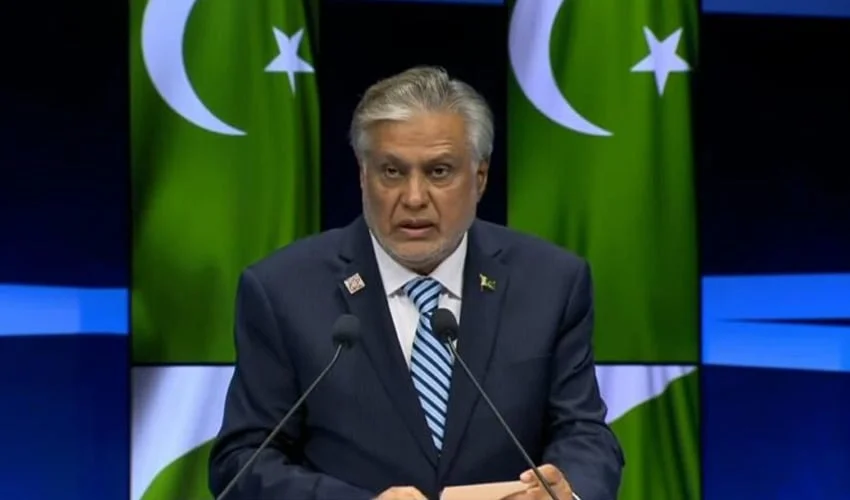
The Executive Committee of the National Economic Council (Ecnec) approved key development projects worth over Rs117 billion.
The Ecnec meeting, held under the chairmanship of Deputy Prime Minister and Foreign…